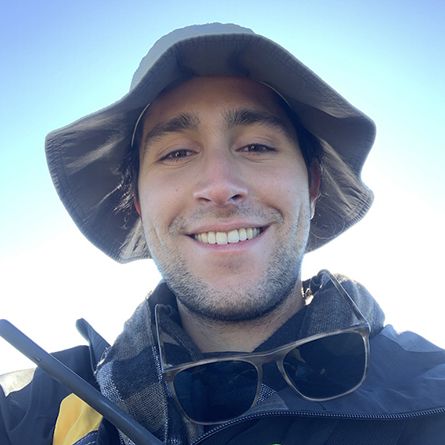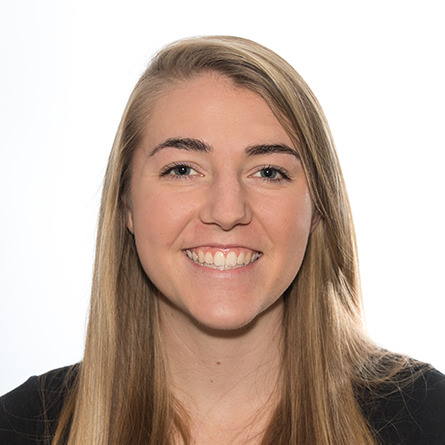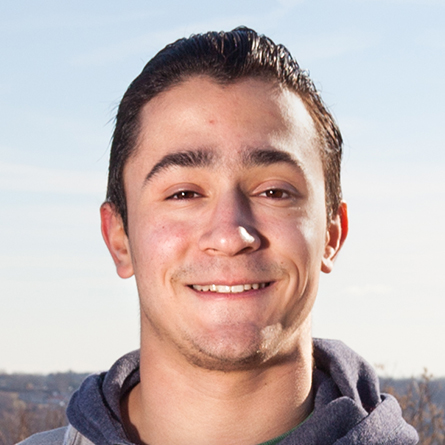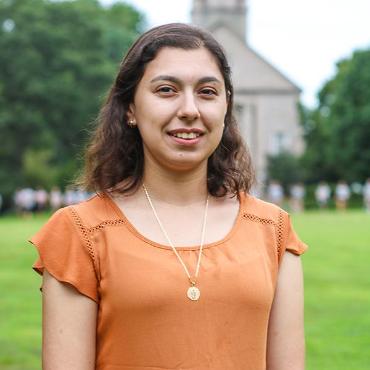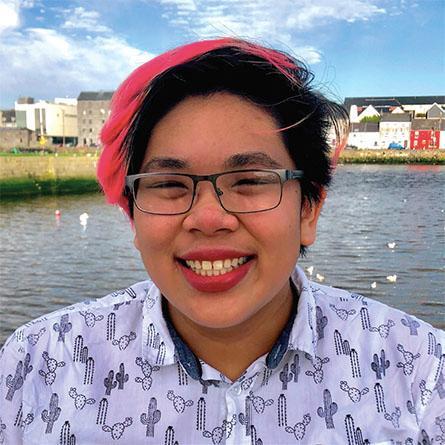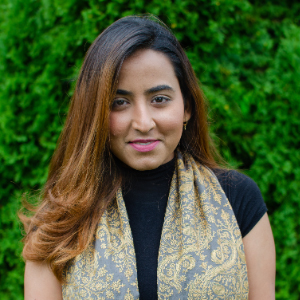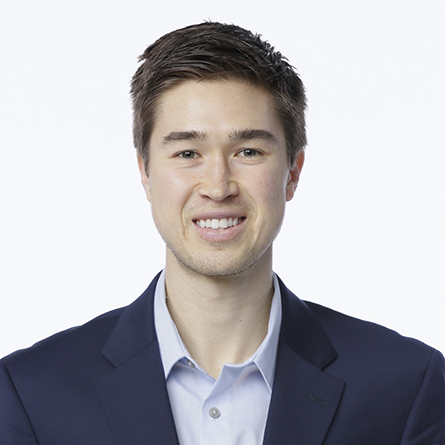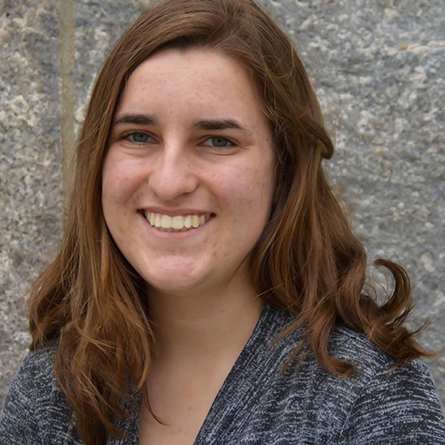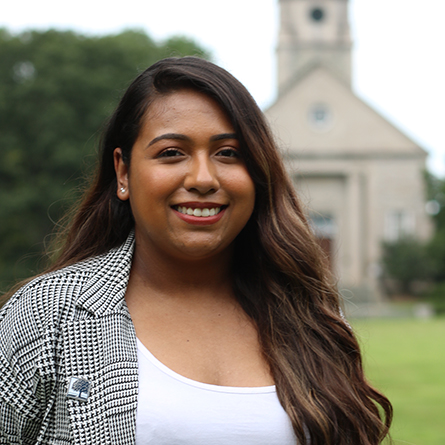
Viridiana Villalva Salas ’20
Decolonizing the Syllabus: One Book at a Time
Viri, an English major with a concentration in poetry who is also pursuing a secondary education certificate, is exploring educational inequity within higher education—specifically within English classrooms—through the Holleran Center for Community Action and Public Policy.
“My project aims to address the issues of the current use of ‘canonical’ text in the English literature classroom, and how text selection can be improved to better serve the ever-diversifying community of U.S. college students,” she said. “I decided on this topic through my own experience in a philosophy class, where I felt as though my classmates—most of whom did not come from inner-city schools like I did—already knew a lot of the material because they had access to more classical texts than I did in high school. This experience highlighted the fact that simply because students make it to the same elite colleges does not mean that all students receive equitable resources prior.”
As a junior, Viri studied abroad in Athens, Greece, where she also had the opportunity to work in a school setting. She has also worked in the New London public schools and at the Noble Network Support Team Office in her hometown of Chicago.
A Mellon Mays Undergraduate Fellow, Viri plans to pursue a Ph.D. in education and hopes to become a professor of education. She presented a PowerPoint presentation, “Decolonizing the Syllabus: One Book at a Time,” at the All-College Symposium on Nov. 7.
“I want people to reflect on their educational experiences and question everything, whether that means to question what is being taught on their syllabi or how their identity has affected the way they experience the classroom,” she said. “I hope that people realize how much culture truly affects people's educational experiences.”
